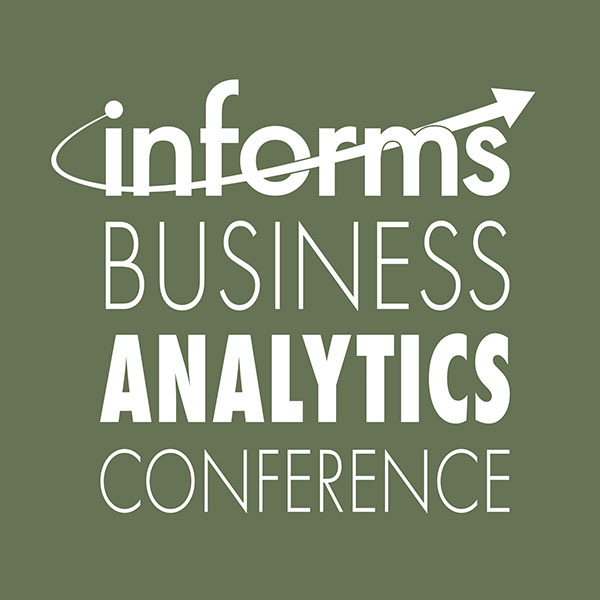
Walt Degrange
Walt Degrange
Director of Analytics Capabilities at CANA
Walt DeGrange is the Director of Analytics Capabilities for CANA. He recruits, develops, and enables a team of analytics professionals to produce high-level analytics products across federal and commercial domains including operations research studies & analysis, analysis of logistics systems, sports analytics, data and information-based decision support solutions, and data quality & analytic assessments. He is also a faculty member at the University of Arkansas in the Operations Management graduate program, an MBA Executive Advisor at the NC State University Poole School of Management, and the Past Chairperson for the INFORMS SpORts Section. His analytics projects include work with several organizations across the Department of Defense, a Major League Lacrosse (MLL) team, and several commercial organizations. Walt teaches professional analytics courses for both INFORMS and MORS. He also wrote the book Field Guide to Compelling Analytics with Lucia Darrow focusing on how to encourage different audiences to trust and use analytics.
Track: Behavioral Analytics
How to Produce Compelling Analytics That Makes an Impact
The presentation focuses on understanding the importance of trust, communication, and experience in addition to analysis in creating compelling analytics to convince others and is based on our book, the Field Guide to Compelling Analytics. The talk provides an overview of the tools and resources needed for analytics professionals (APs) to perform and communicate analytics in an understandable and relatable way. Through learning those insights, APs can gain the confidence they need to convince any audience from fellow team members, the clients, and leadership of the effectiveness of their solution. Analytical issues dealing with data, designing, deploying, and maintaining a model are covered. Trust is the second most crucial factor. Attendees will learn techniques to create Swift Trust, build and maintain trust over a long time, and deal with ethical issues. We cover communication skills to help APs convey the technological complexity of analytical methods in small chunks. And finally, we give ways that APs can gain experience in essential areas that are not provided purely through direct work opportunities.

